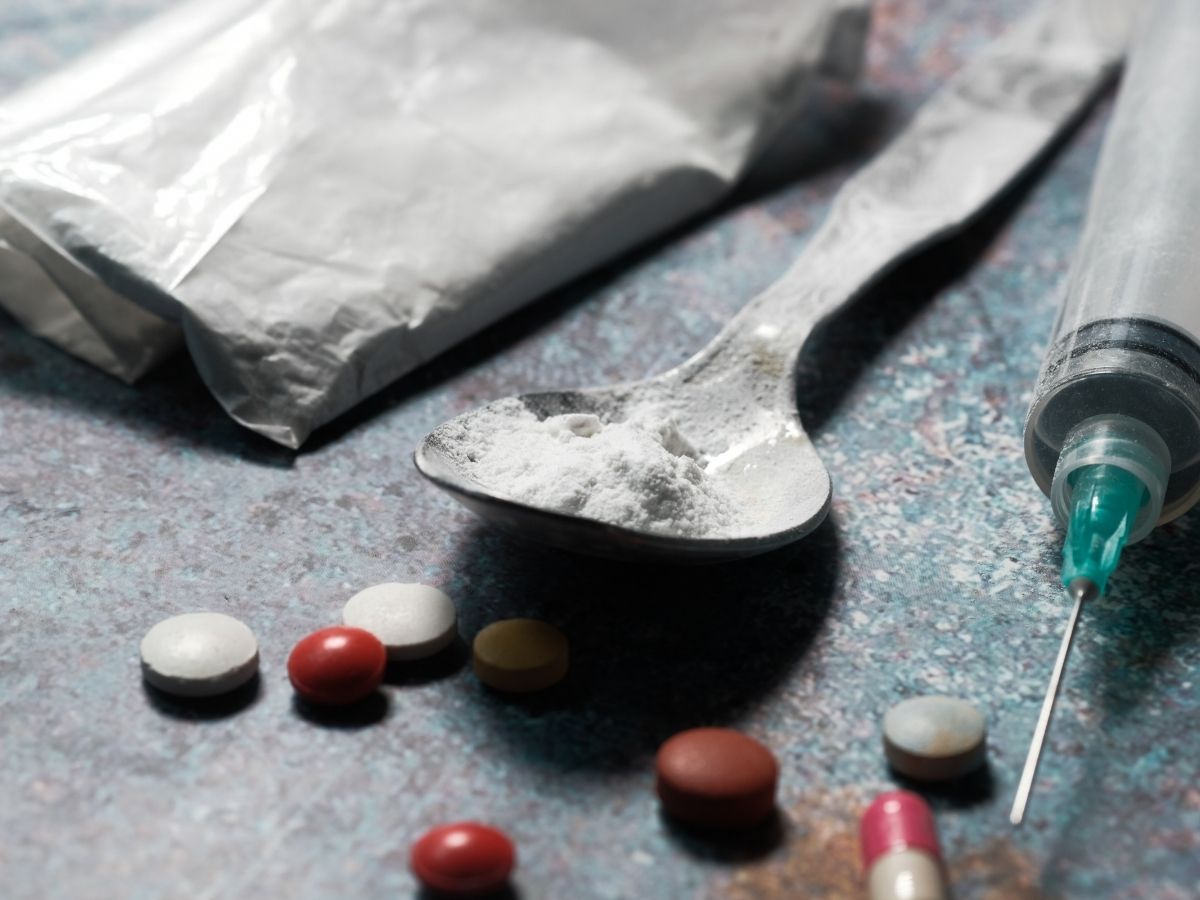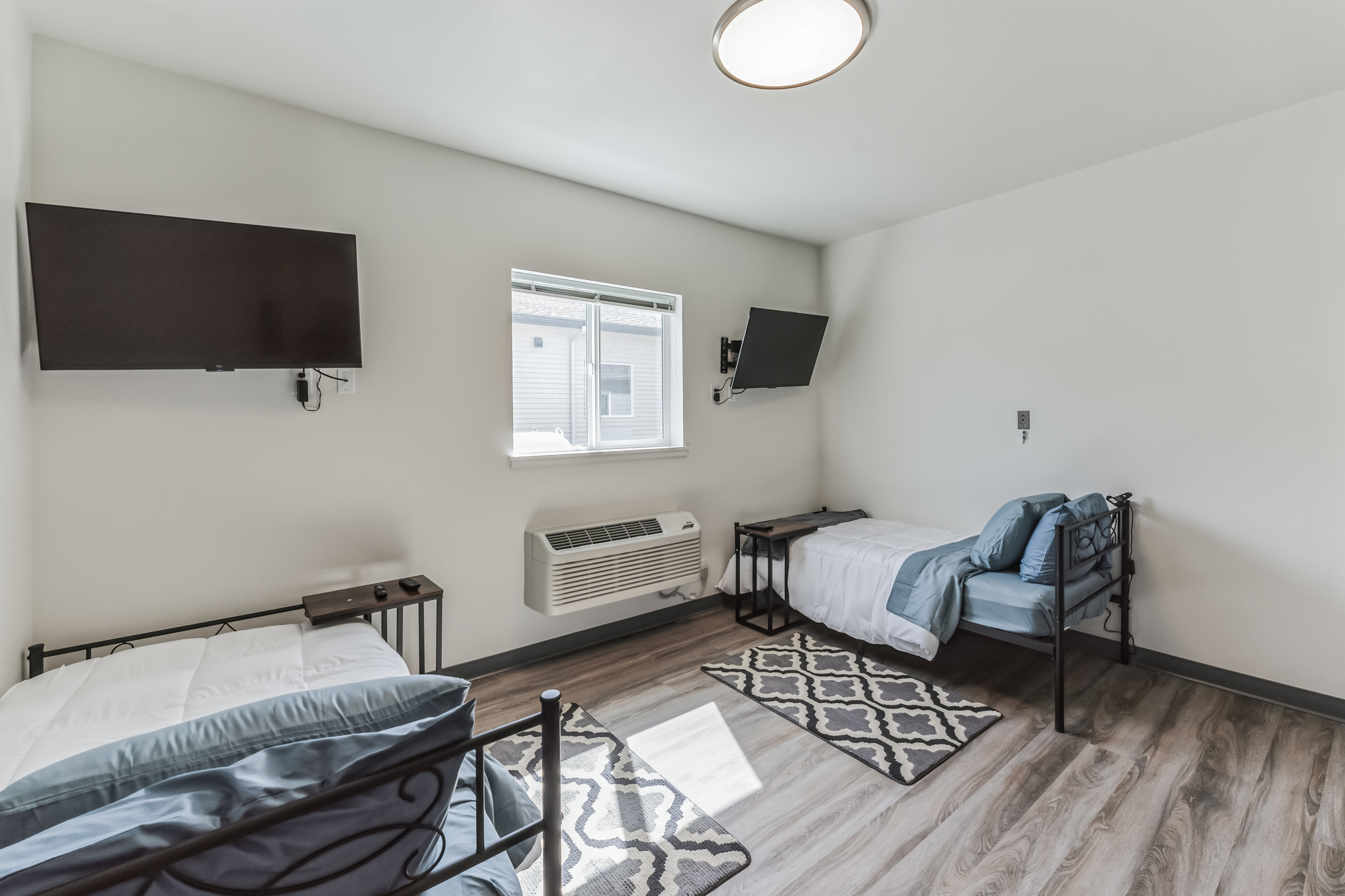
The co-occurring condition happens when a person has both a mental illness and a substance use disorder. This is referred to as a co-occurring disorder, or dual diagnosis. These two can work against each other, making it more difficult to control the symptoms and more challenging to recover.
If you or a loved one is facing mental health, psychiatric disorders, or mood disorders, know that you are not alone. Help is available, and real healing can begin with compassionate, integrated treatment and cognitive behavioral therapy.
Skip To
Table of Contents
What Are Co-Occurring Disorders?
Co-occurring mental health disorders involve the presence of a substance use disorder and a mental illness simultaneously. They are greatly interlinked and have different impacts on each other.
Some common combinations include the following.
- Depression and alcohol use disorder
- Anxiety and opioid addiction
- PTSD and stimulant abuse
- Bipolar disorder and marijuana dependence
- Schizophrenia and alcohol or drug misuse
Dual-diagnosed individuals also experience a lot of difficulties in emotional control, excessive stress, trauma, and stigma. However, when a correct treatment plan is in place, both conditions can be treated well.
End the Emotional Pain. Get Your Life Back.
Feeling Depressed, Anxious or Struggling with Mental Health Illness? Get Safe Comfortable Mental Health Dual Diagnosis High-Quality Therapy From Counselors That Care. Begin Your Recovery Now.
Hotline: (509) 348-4077

How Mental Illness and Addiction Are Connected
Mental health issues and substance use problems often go hand in hand. Sometimes, people use drugs or alcohol to cope with symptoms of anxiety, depression, or trauma. Other times, substance use may trigger or worsen underlying mental health conditions.
Brain chemistry plays a significant role here. Substances can alter how the brain processes mood, emotion, and impulse control, areas that are already impacted by mental illness. This cycle can become deeply entrenched without proper intervention.
Integrated treatment works because it addresses the full picture, not just one issue at a time.
Signs You Might Be Struggling With a Dual Diagnosis
The signs of co-occurring disorders can vary from person to person, but most common psychiatric symptoms include the following.
- Substances (typically drugs and alcohol) can be used to numb emotional pain
- Experiencing extreme mood swings or persistent sadness
- Withdrawing from friends, family, or responsibilities
- Feeling anxious, paranoid, or hopeless
- Struggling to hold a job or maintain relationships
- Needing more of a substance to feel the same effect
- Going through withdrawal symptoms or cravings
- Having frequent thoughts of self-harm or hopelessness
When any of these feels recognizable, reach out for help. These symptoms do not mean that you are weak; they are a sign that your mind and body are overburdened and are trying to find relief.
Get Help. Get Better. Get Your Life Back.
Searching for Accredited Dual Diagnosis Mental Health Centers Near You?
Even if therapy failed previously, or are in the middle of a difficult crisis, we stand ready to support you. Our trusted behavioral health specialists will not give up on you. When you feel ready or just want someone to speak to about counseling alternatives to change your life call us. Even if we cannot assist you, we will lead you to wherever you can get support. There is no obligation. Call our hotline today.
FREE 24/7 Dual Diagnosis Mental Health Services HotlineWhy Integrated Dual Diagnosis Treatment Matters
Traditional rehab or therapy programs often treat mental health and addiction separately. But co-occurring disorders require an integrated approach, where both issues are addressed at the same time.
Effective dual diagnosis treatment includes the following options.
- Comprehensive assessment to see the full scope of both conditions
- Medication management to help stabilize mood, cravings, and sleep
- Individual therapy such as CBT or trauma-informed care
- Group therapy and peer support to reduce alone time
- Holistic therapies, including mindfulness, exercise, and nutrition
- Aftercare planning to maintain long-term recovery
By treating the whole person, this approach leads to better outcomes, fewer relapses, and a stronger sense of self.
What Makes Dual Diagnosis Treatment Successful?
Several key factors make a real difference in the success of treatment for co-occurring disorders.
- Personalized care plans tailored to each individual’s needs
- Friendly and non-judgmental professionals who know the complexity of dual diagnoses
- Treatment interventions that have been verified to have a positive outcome both on mental health as well as substance use disorders
- Evidence-based therapies proven to work for both mental health and substance use disorders
- Structured routines that provide stability and reduce triggers
- Family involvement, when appropriate, to strengthen healing environments
It does not mean that recovery will occur in one night, but small steps are something that will make it happen with the right team on your side.
Comfortable Facilities & Amenities
High-Quality Mental Health Services & Behaviroal Health Substance Abuse Treatment
Rehab Centers TourRenowned Mental Health Centers. Serene Private Facilities. Inpatient Rehab Programs Vary.
Mental Health Helpline: (509) 348-4077Proven recovery success experience, backed by a Team w/ History of:
15+
Years of Unified Experience
100s
5-Star Reviews Across Our Centers
10K
Recovery Success Stories Across Our Network
- Low Patient to Therapist Ratio
- Comprehensive Dual-Diagnosis Treatment
- Complimentary Family & Alumni Programs
- Coaching, Recovery & Development Events
- Comfortable Onsite Medical Detox Center
You Are Not Alone in This
When you have more than one diagnosis, it is easy to be overwhelmed. You may feel that you are alone and you cannot recover. But that’s not true.
Live with a loving treatment team who will listen to you, and with integrated care you can understand. Healing occurs when one is taken care of in all aspects: mind, body, and spirit.

FAQs for Co-Occurring Disorders
-
Where in Spokane Valley, Washington can you find treatment for co-occurring disorders?
You can receive compassionate, personalized care for co-occurring disorders at We Level Up Washington. Our programs are built to treat both substance use and mental health conditions in a way that promotes lasting change.
-
Where in the Spokane Valley area can you find treatment for co-occurring disorders?
If you’re located in Liberty Lake, Millwood, Dishman, or Greenacres, you’re close to We Level Up Washington. We offer professional dual diagnosis treatment, individual therapy, and support groups to those seeking lasting recovery.
-
What is the most effective treatment for co-occurring disorders?
The best of the treatment methods is integrated treatment which is a combination of both mental health condition and a substance use disorder. This treatment program typically includes therapy, medication, and holistic support.
-
How common is dual diagnosis?
Dual diagnosis is more common than many realize. National survey on drug use and health indicates that well over 9 million U.S. adults are subject to having a mental illness, together with a substance use disorder, within a particular year.
-
Can co-occurring disorders be cured?
Although not all of them can be cured the traditional way, they can be effectively managed. A high percentage of people experience a long-lasting remission and an overall better quality of life with the help of continuous treatment and assistance.
-
How long does treatment for co-occurring disorders take?
The duration of treatment depends on the levels of need, but the first 30 to 90 days are based on a structured treatment that is followed by outpatient support and aftercare.
-
How to find support of a loved one with co-occurring disorders Spokane Valley?
You can get a helping hand at We Level Up Washington, as they are a dual diagnosis treatment center, which aims to support your loved one in every aspect.
Take the First Step Toward Recovery
Rehabilitation is not a universal process, at least when it comes to the co-occurring disorder. It requires time, support, and a plan made around your needs. Whether for you or someone you love, our staff is available to help you move on to the next stage.
World-class, Accredited, 5-Star Reviewed, Effective Mental Health Dual Diagnosis Programs. Complete Integrated Inpatient Rehab with Free Post Discharge Therapy Planning.
Hotline: (509) 348-4077End the Emotional Pain Rollercoaster. Gain Stability & Happiness Through Recovery Treatment. Start Mental Health Counseling Today. Get Free No-obligation Guidance by Behaviroal Health Specialists Who Understand Mental Health Recovery.
Summary
Call today to speak with our team and learn more about our programs. We Level Up Washington: (509) 348-4077. Your next step starts here.





